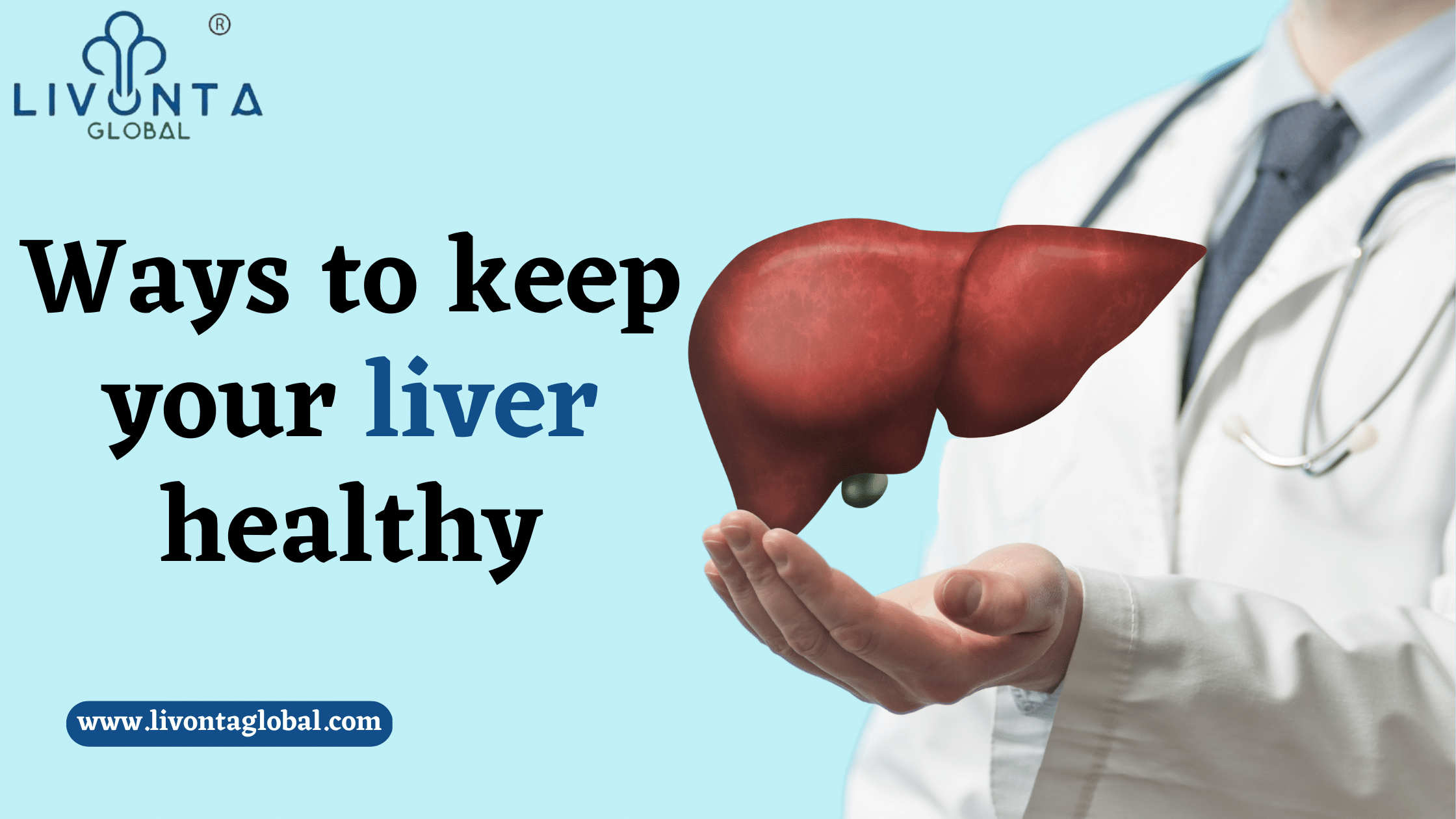
Ways to keep your liver healthy
World Health Organization. According to statistics, the number of patients who have liver issues has risen in the previous ten years, necessitating the transplantation of more than 50,000 livers annually. The biggest solid organ in the body is the liver which carries out other crucial processes, such as controlling blood clotting and removing contaminants from the circulation. Some of the frequent liver illnesses that require medical treatment include hepatitis, fatty liver disease, autoimmune disorders, genetic disorders, liver cirrhosis, liver failure, and liver cancer. A good liver hospital in India can take care of all the liver ailments and patients must visit them as soon as they experience liver related symptoms.
Functions of Liver
As discussed earlier, the liver is the most vital organ of the body that performs nearly over 500 fundamental functions. Among these include the elimination of waste materials and foreign substances from the bloodstream, control of blood sugar levels, and production of vital nutrients. Here are a few of its most crucial features:
- Production of Albumin- A protein called albumin prevents circulatory fluids from seeping into nearby tissue. Additionally, it transports vitamins, enzymes, and hormones throughout the body.
- Production of bile- The small intestine’s ability to digest and absorb fats depends on a substance called bile.
- Blood filtration- The liver filters out poisons, waste products, and other hazardous things since all blood exiting the stomach and intestines flows through it.
- To regulate Amino acids- Amino acids are needed to make proteins. The liver controls the blood’s amino acid levels to keep them stable.
- To regulate blood clotting- Vitamin K is used to make blood clotting coagulants, but it can only be absorbed with the aid of bile, a fluid the liver creates.
- To protect from infections- The liver filters the bloodstream, removing microorganisms as part of the process.
- To store vitamins and minerals- Iron, copper, and the vitamins A, D, E, K, and B12 are all stored in large quantities in the liver.
- To process glucose- Extra glucose (sugar) is removed by the liver from the circulation and stored as glycogen. It may convert glycogen back into glucose as necessary.
How to keep the liver healthy?
Since the liver has so many functions and is the vital organ of the body, it is extremely important to keep it healthy. Although liver transplant in India has a high success rate, nobody would want to go through the process. Some of the ways to keep liver healthy and fit are:
- By limiting alcohol intake- Drinking too much alcohol can harm the liver’s cells, causing inflammation and scarring (cirrhosis).
- By exercising regularly- Exercise reduces liver stress, boosts energy levels, and aids in preventing obesity, which is a risk factor for liver disease
- By keeping a check in diet- Fatty liver disease is frequently brought on by excessive cholesterol and blood fat levels. Reduce your intake of trans fats, hydrogenated fats, and saturated fats.
- By keeping a check on your body weight- Fatty liver disease is significantly increased by obesity, especially central or abdominal obesity. Attempt to achieve the optimal BMI goal.
- Protecting yourself against Hepatitis B or C- To stop the transmission of hepatitis B or C, engage in safe sexual activity and refrain from sharing your personal goods with others.
- By quitting smoking- Your liver can become toxic from cigarette smoke exposure.
- By taking only recommended medicines- Always take medicines recommended by doctors and not on your own. Taking wrong medications might impact your liver severely

